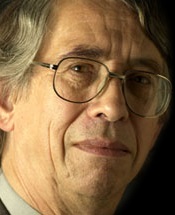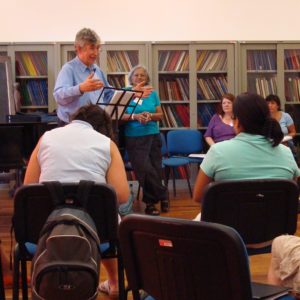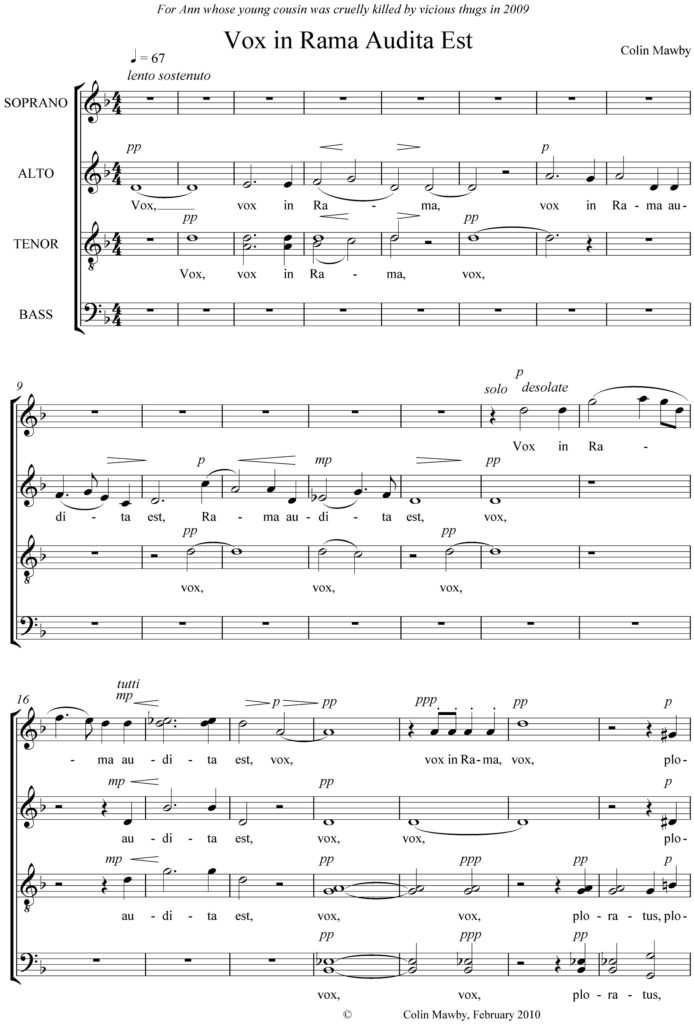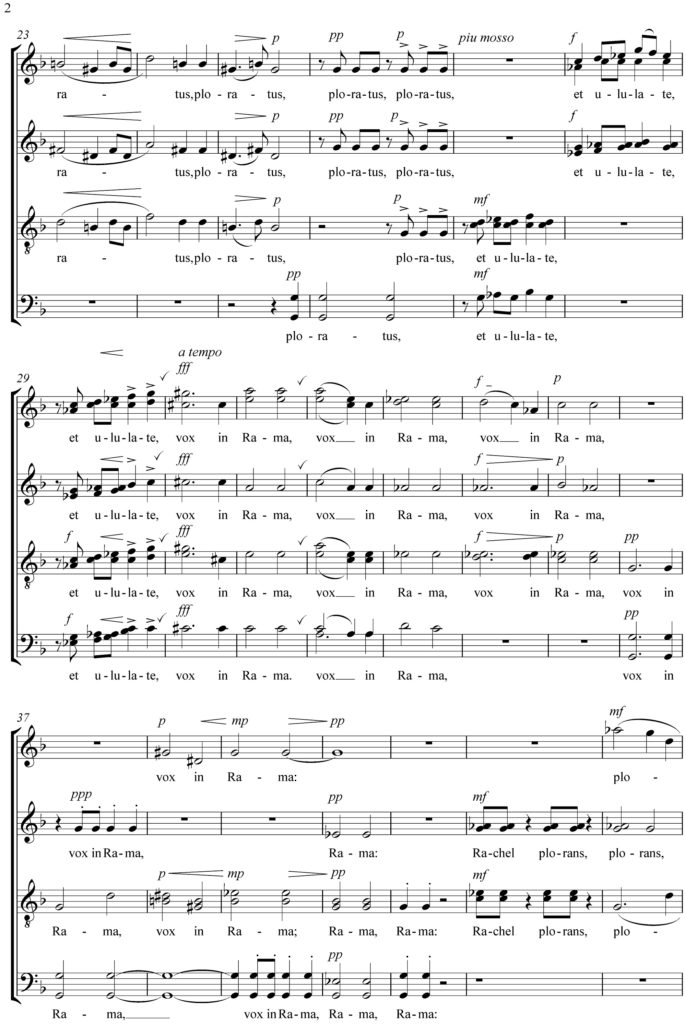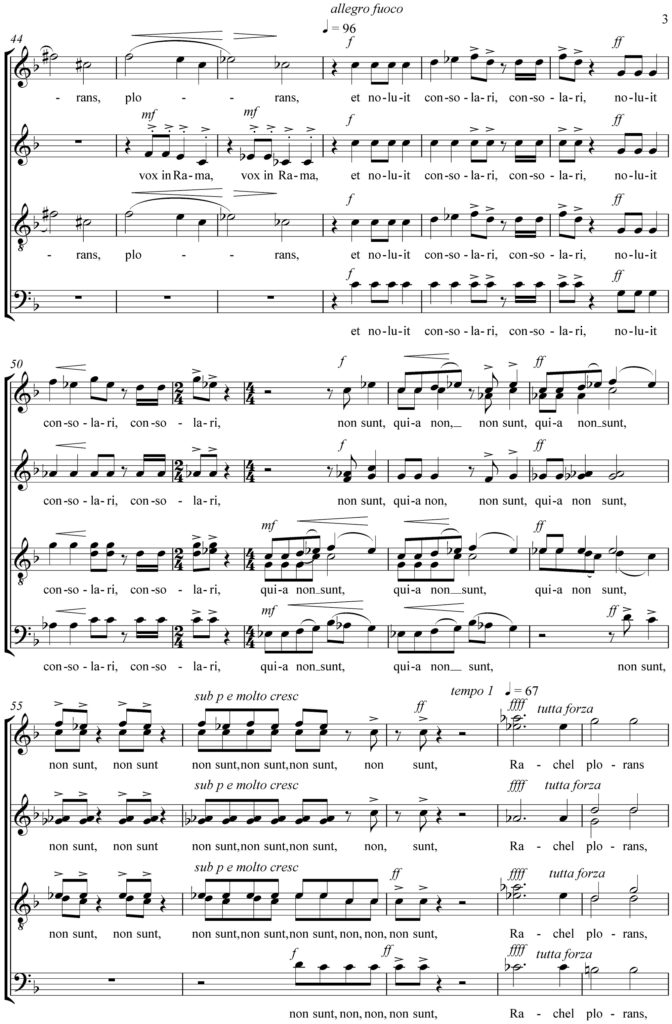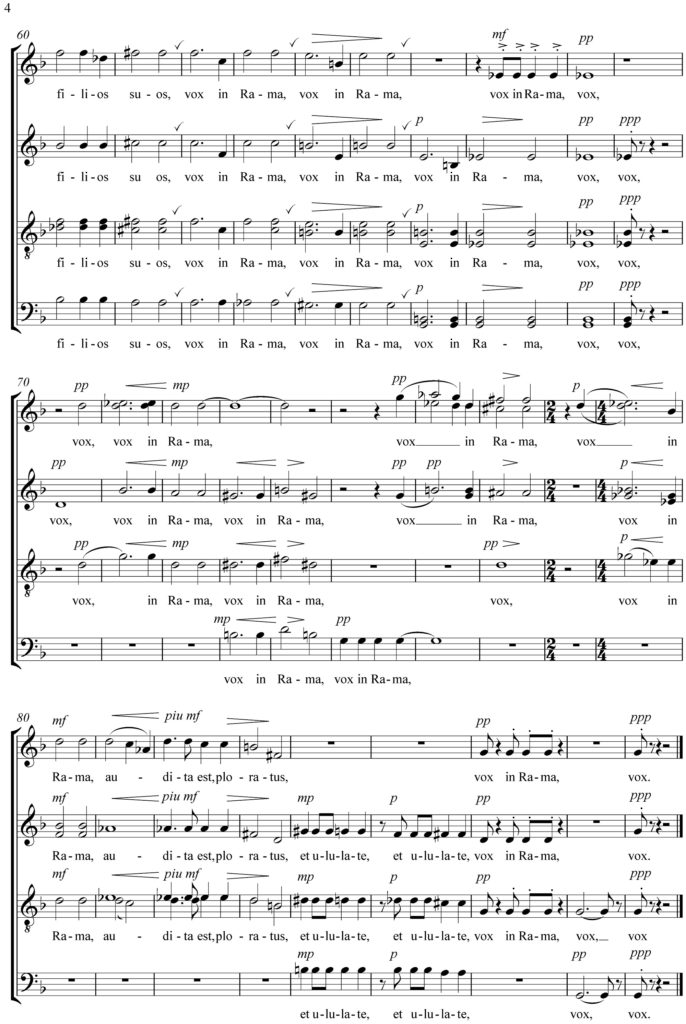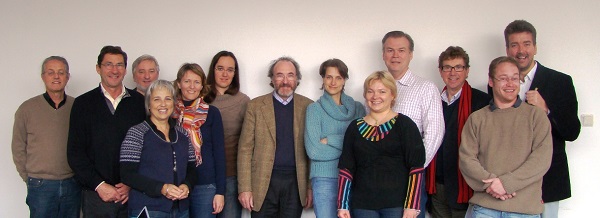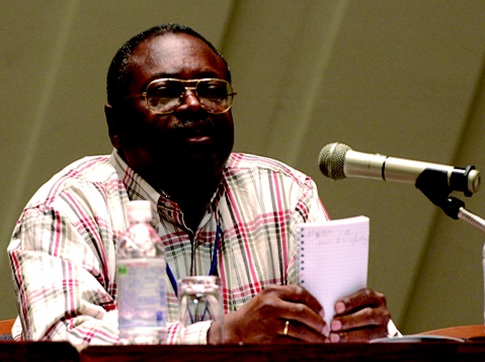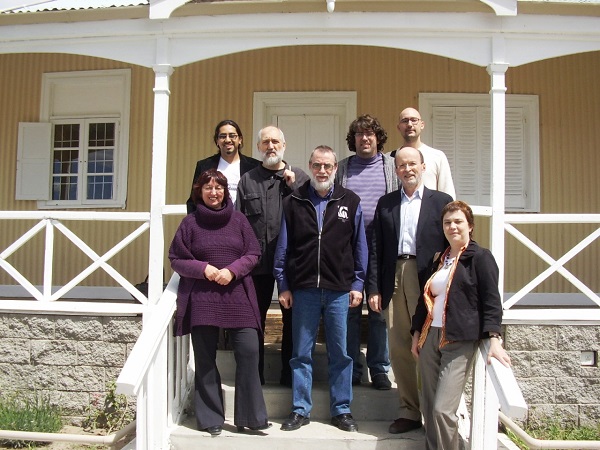Risikobereitschaft bei der Programmgestaltung
Wege zur Erschließung neuer Musik
Cara Tasher
Chorleiterin
Wieviele Chorleiter denken an die Einbeziehung von Musik, die außerhalb ihrer „Wohlfühlzone“ liegt, indem sie…Read More →
Asociación Latinoamericana de Canto Coral ALACC-Chile
Nachrichten vom Süden der Welt
Die Asociación Latinoamericana de Canto Coral ALACC-Chile (lateinamerikanischer Verband für Chorgesang) hat in diesem Jahr unter der Führung des Chorleiters Waldo Aránguiz Thompson tie…Read More →
Ars Choralis 2010
Künstlerisches und wissenschaftliches Symposium über Chormusik – 8.-10. April 2010 in Zagreb, Kroatien
Branko Stark
Präsident des kroatischen Chorleiterverbandes
Im Jahre 2000 h…Read More →
Europa Cantat Generalversammlung in Sofia
Wo Theodora zu Hause ist
Brigitte Siebenkittel
Vizepräsidentin des AMJ*
Es war ein lang gehegter Wunsch vom langjährigen Boardmember Theodora Pavlovitch, die EC-Genera…Read More →
Chorbücher: Eine gute Investition
Dr. Marian Dolan (USA)
Sammlungen sind eine gute Investition. Egal ob sich Ihr Chor in Argentinien, Rumänien, Indonesien oder Kanada befindet, Partituren zu kaufen ist in der aktuellen angespannten Wirtschaftslage eine echte…Read More →

